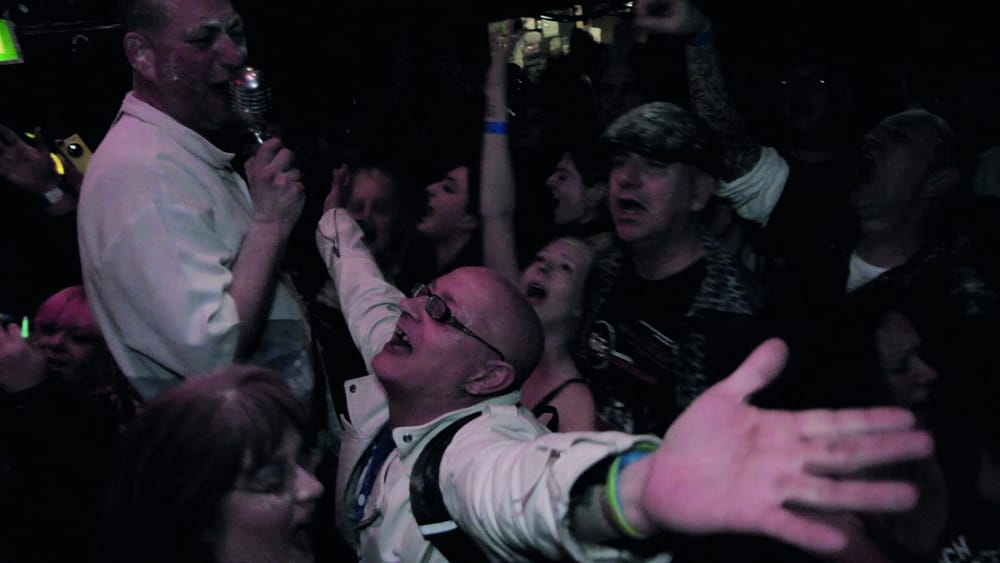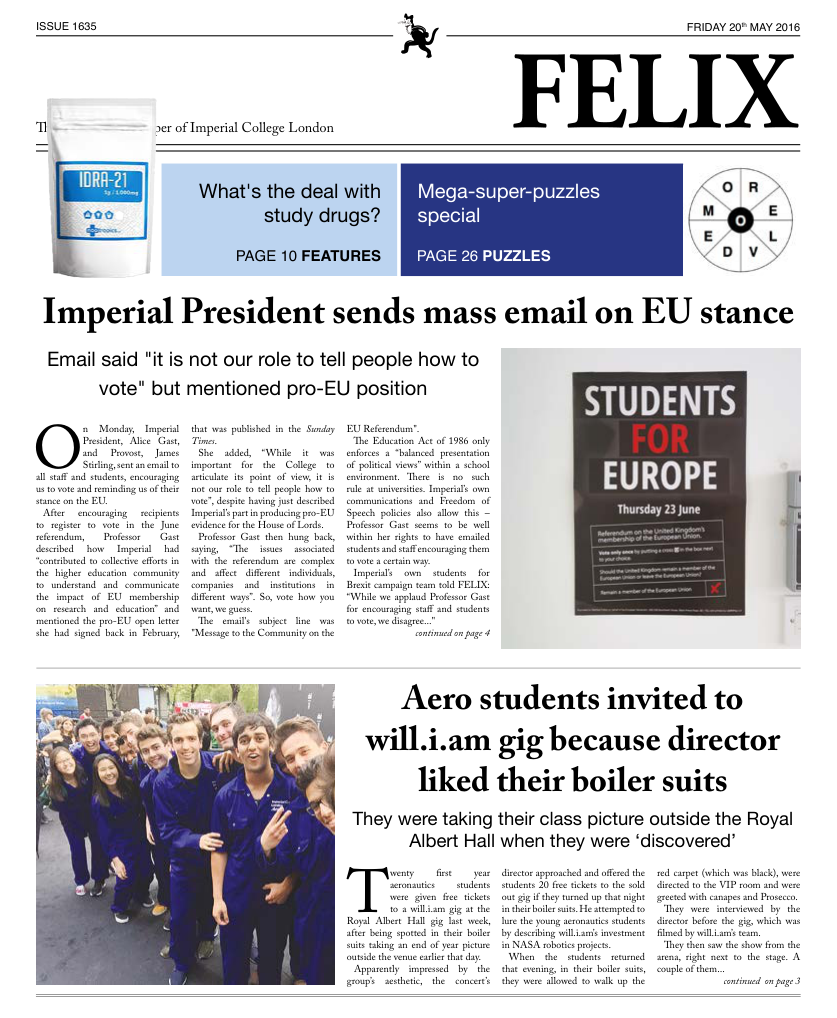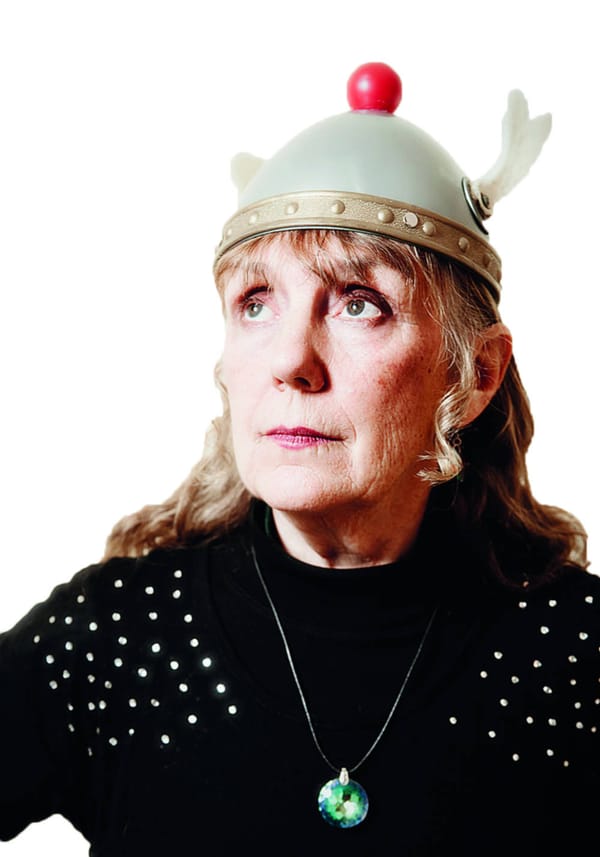Documentary corner: A Riot of our Own
Our regular film column

No Nazis. No dark metal. Live acts seven days a week. These simple admission criteria meant that gigs could be booked in the same day, regardless of band size or experience, to play in front of the music-loving crowd who religiously converged on the 12 Bar Club, hidden in Denmark Street.
What made the place unique was the openness of the punters who, for one reason or another, ended up side by side at the narrow bar counter: from the regulars who had been popping in for the last 20 years, to randomers who happened to stumble there on the way home from Soho, you could not help but feel a sense of community every time you stopped by.
Everyone belonged in there as long as they were not too keen on National Socialism or the Holocaust. Not many places managed to bring together city suits and spiky leather jackets in an eclectic mosh-pit hug. Where else could you be smoking a cigarette and drinking Jack whilst simultaneously watching some gimp-mask-wearing guy play pool? You could literally buy a guitar, start a band, rehearse in a studio, play your first gig, get a tattoo, and fall in love, all in the same night at this Tin Pan Alley watering hole.
For years, the 12 Bar Club stood proud as the most (only?) genuine, trip-worthy, night-rescuing, reliable venue of central London. It launched plenty of famous musical careers and saw the last breath of many more. It’s an institution to which London owes its status of musical capital of Europe.
And now it’s all gone. Poof. Vanished. Just like that.
The film A Riot of our Own, from director Tali Clarke, takes us through the big side-effects of the current Disneyland-ification of London. Under the excuse of redevelopment and better transport connections, developers are building empty fairy-tale castles in the sky, house-of-card-shaped tax-havens, and ubiquitous gift shops with as much genuine feeling as a Hard Rock Cafe or a Starbucks. This bittersweet documentary takes us through the last days of London’s best live music institution and – whether you had been a regular, a one-timer, or a 12 Bar virgin – it will definitely leave you with both a sense of nostalgia for what it meant and regret for the inevitable march of the speculative housing market.
But there is hope: the 12 Bar Club lives on, now somewhere in zone 2, showing you can destroy the venue, you can push people away, but you will never be able to put out the ever-burning fire of uniqueness and authenticity because, to put it simply, not everyone wants to be bought. As Pablo Neruda put it: ‘They may mow down all the flowers, but they can't stop spring’.






